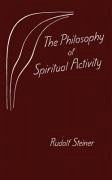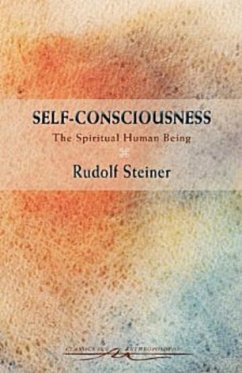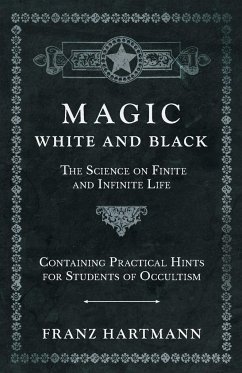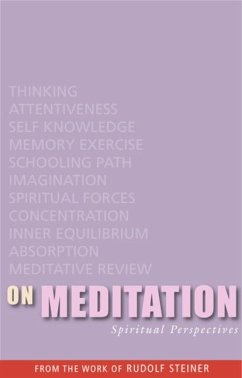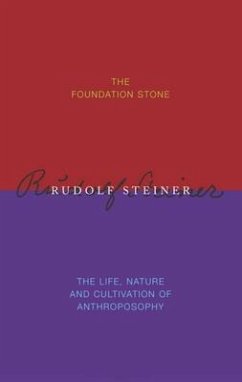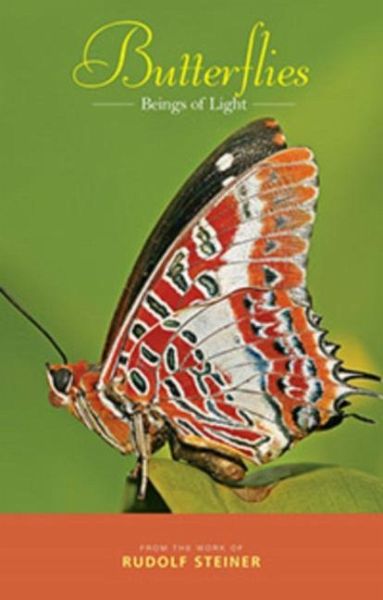
Butterflies
Beings of Light
Übersetzer: Barton, Matthew

PAYBACK Punkte
6 °P sammeln!
Truly poetic and deeply esoteric, these lectures by Rudolf Steiner have been gathered here in a single volume for the first time, with an in-depth introduction that traces and explains the stages of butterfly metamorphosis. The emergence of the butterfly from its pupa is one of the most moving phenomena we can encounter in nature. We can experience a revelation of spirit in this creature's visible transformations. The butterfly, says Rudolf Steiner, is "a flower blossom lifted into the air by light and cosmic forces." It is a being that develops from and through light, via a process of incorpo...
Truly poetic and deeply esoteric, these lectures by Rudolf Steiner have been gathered here in a single volume for the first time, with an in-depth introduction that traces and explains the stages of butterfly metamorphosis. The emergence of the butterfly from its pupa is one of the most moving phenomena we can encounter in nature. We can experience a revelation of spirit in this creature's visible transformations. The butterfly, says Rudolf Steiner, is "a flower blossom lifted into the air by light and cosmic forces." It is a being that develops from and through light, via a process of incorporation and internalization. By gazing into the world of these special and rarefied creatures, we can intuit that they, "ray out something even better than sunlight; they shine spirit light out into the cosmos."









